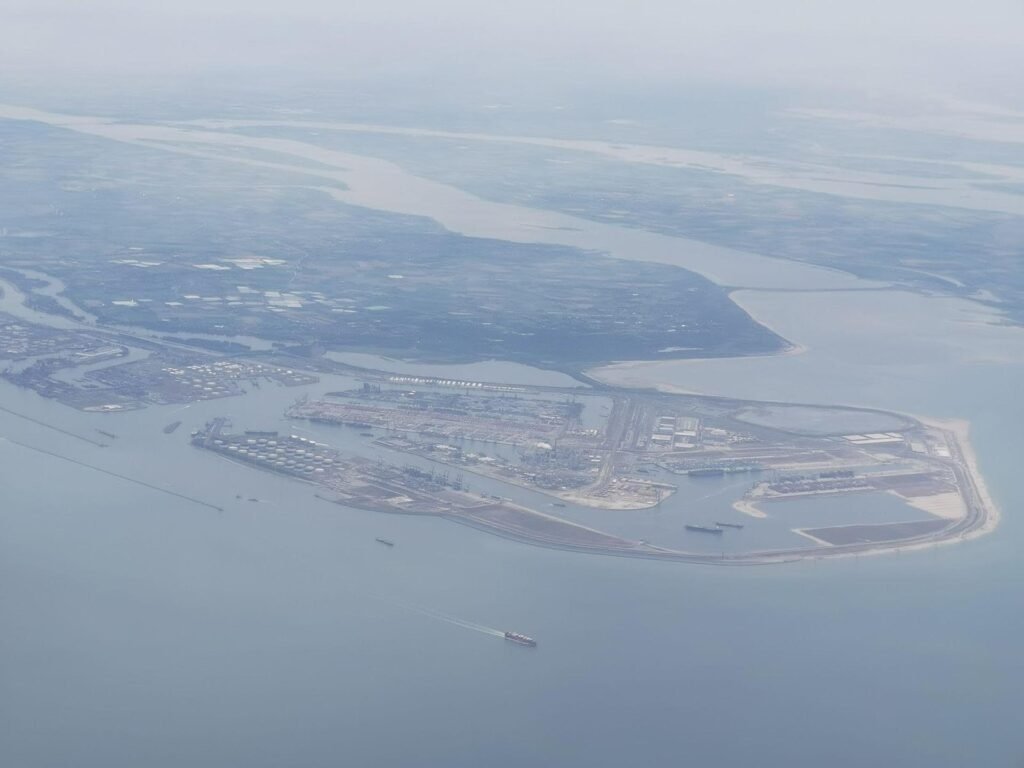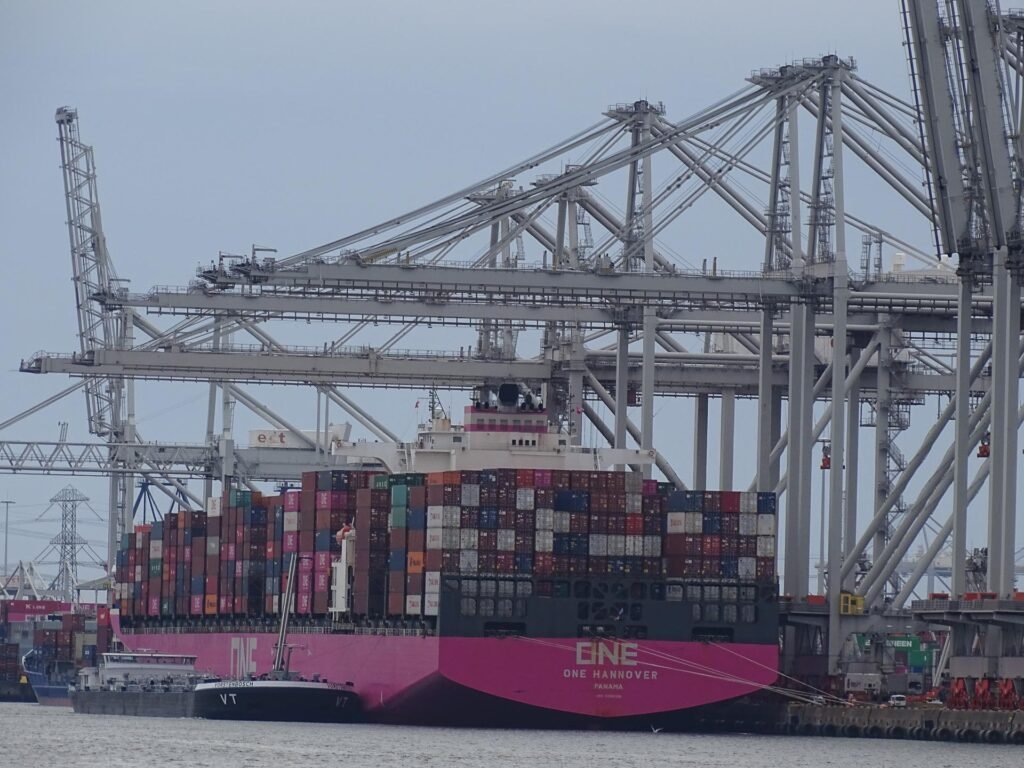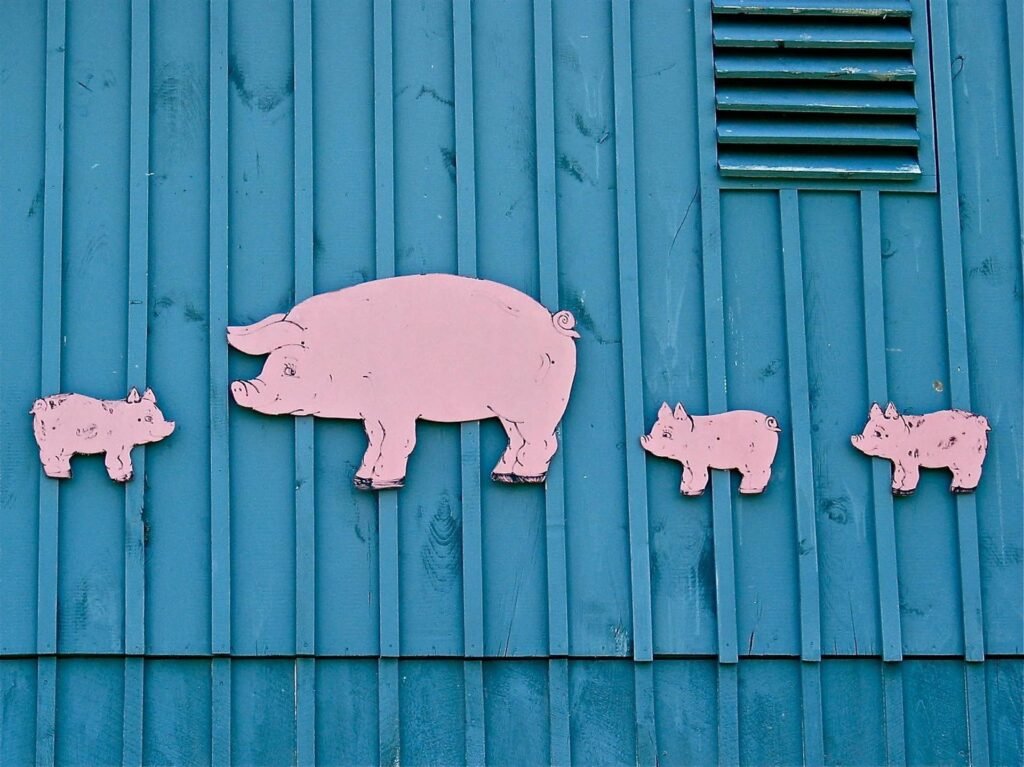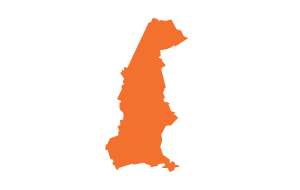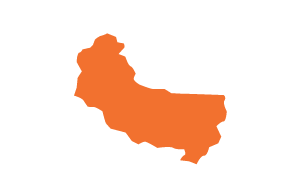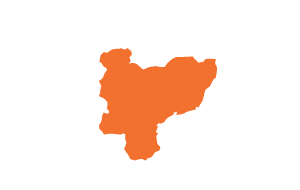TERRITORY OF CONSUMPTION
European Union
Why territories?
In the EPICC project we use the concept of territory to understand and discuss how global commodity chains land in three tropical regions of high biological and social diversity in the global south. A territory is not just an area officially demarcated by the government as an administrative limited space, but the source of ecological relations happening in a complex and political space where conflicts, power asymmetries, different levels of governments and governance (including private and international) are at play. A territory is permeated by socioenvironmental relations, socio-legal constructs and conundrums, and socio-biodiversity interconnections.
European Union
The European Union (EU) was selected as territory of consumption. With this term we identify more than the combination of geographies and actors that receive the goods extracted and/or transformed in the EPICC tropical regions (extraction territories presented above) and that consume them or subject them to another phase of transformation. Rather, consumption territories are understood as much more than a receiving entity (buyer) of goods, but as a political, legal, ideological and economic block that exerts multiple forms of pressure that reflect on the way in which goods are produced elsewhere, logistic is shaped and value allocated. More than a final destination for tropical goods, the EU is a (historical and present) co-constructor of the territories of extraction and the socio-environmental dynamics that take place there.
The European Union is the largest economy in the world, the largest trading bloc, the first source of foreign direct investment, and the world’s largest trader of manufactured goods and services.
The primacy of the Union is the outcome of a long-lasting effort of trade liberalization that was initially conducted by Member States and that since 1957 has become an exclusive competence of the European Economic Community – at first – and of the Union – since 1993. Today, the European Union has 41 trade agreements with 72 countries, including Free Trade Agreements (FTAs), Economic Partnership Agreements (EPAs) and Association Agreements (AAs). Whereas a trade agreement with Colombia (and Ecuador and Peru) has been provisionally applied since 2013, a political agreement with the Mercosur economic region (including Brazil) has been reached, and a trade agreement with Indonesia is currently negotiated.
The story of EU trade leadership is a global story, an account that links EU policies, practices and dynamics with both the construction of the global economy and socio, economic and environmental dynamics that characterize local territories. This has been happening for hundreds of years during colonial time, and keeps having an impact on the territories of production and the distribution of value. Trade and investments can therefore be seen as a way of integrating foreign land, people and labor in the EU economy and for the sake of the EU society, while maintaining the distance that is guaranteed by sovereign boundaries and jurisdictions.
This close interconnection and its redistributive implications can be explained with three key data:
- The value of EU export is mostly originating from the export of manufactured, added-value and luxury goods, whereas the bulk of its import is represented by raw materials;
- The EU market is closely connected with production of raw material that takes place in “developing countries”: fuels excluded, the EU imports more from developing countries than the USA, Canada, Japan and China put together;
- If we account for the emissions produced by goods and services consumed within the EU but produced elsewhere, and for emissions produced in the EU for goods and services consumed outside of the EU, the EU is a high absolute net importer of CO2.
The importance of raw materials from the so-called Global South (in particular minerals and agri-food commodities) and the EU as a world economic leader are therefore two sides of the same coin. This has been recognized by the EU Commission in its indication of the EU position in world trade, whereas it is made clear that “Securing a sustainable supply of raw materials is a key priority for the EU [because] Raw materials, such as metals and minerals or forest-based materials, have become increasingly important to the EU’s economy, growth, and competitiveness [and] More than 30 million jobs in the EU and many key economic sectors such as automotive, aerospace, and renewable energy are dependent on a sustainable supply of raw materials.”
In terms of agri-food commodities, Bager and colleagues have paid attention to the ‘offshoring’ of environmental externalities, in particular deforestation. However, other socio-environmental externalities could have been accounted for, and are at the core of the EPICC project. For these authors, the EU is among the leading international consumers of goods that are linked with deforestation (so called ‘forest-risk commodities’ – FRC-). From 2015 to 2017, EU imports of FRCs were associated with an estimated annual deforestation risk of 190,000 ha. This embodied deforestation was largely due to the import of palm oil, soybeans, forest products, cocoa, and coffee from a handful of countries. Although the EU’s relative import share of many FRCs has declined in recent years, EU imports have been increasing in absolute numbers.
The economic growth and wellbeing in the EU, including the shift towards a ‘greener’ economy and more ‘sustainable’ forms of production and consumption (of food, energy, etc.), are thus dependent on processes of extraction that take place all along the global value chains. However, environmental and social violations that take place at the other end of the chain are seldom associated with EU responsibilities and conducts. Similarly, actions that are undertaken regionally and that portray the EU as a ‘responsible’ player are either contradicted by the impact that the EU has outside its borders or – as in the case of the EU Regulation on Deforestation-Free Products – do not recognize the social, economic and environmental specificity of the territories that will be affected by such unilateral decisions.

